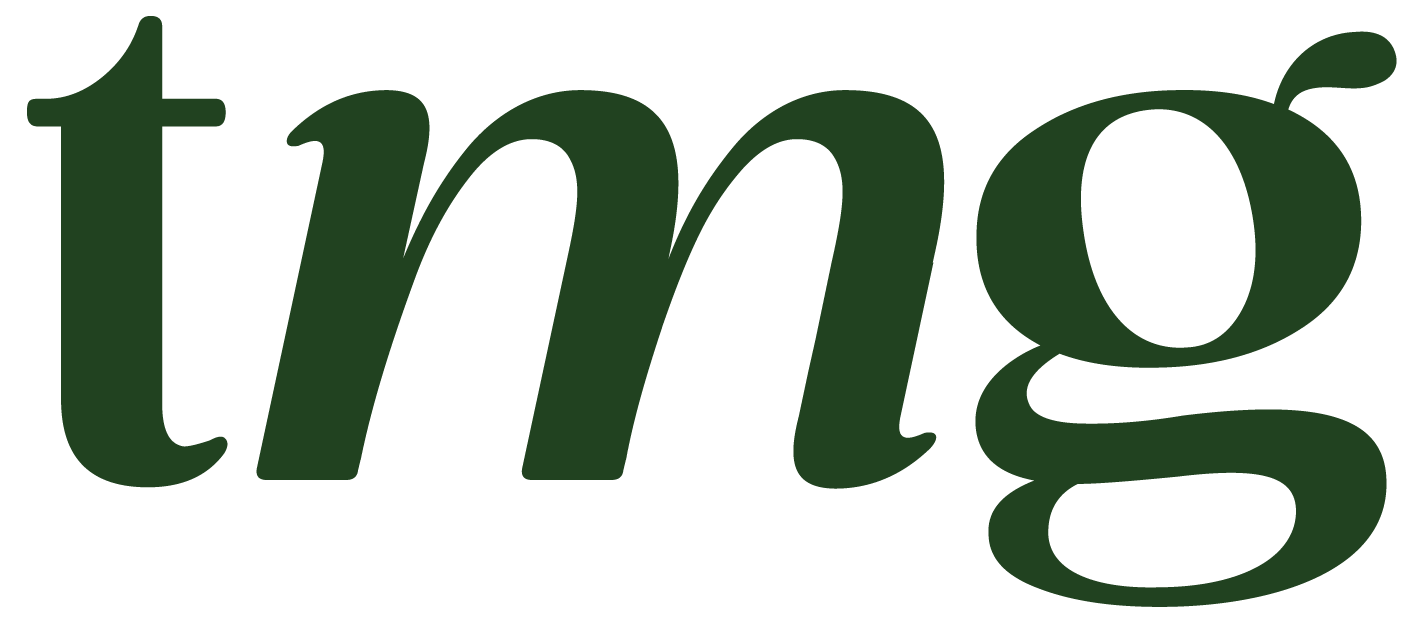6 Tips for Writing Effective Scope of Work Proposals
As a new freelancer, the most critical task in starting a business is to land your first few paying clients. And one of the best ways to consistently do that is by submitting to potential clients detailed, realistic, and achievable scope of work proposals. A scope of work document outlines the work that you will (and won't) be doing for a client, and it's an essential part of any successful freelance relationship. It is a critical part of setting expectations with your client so that you can deliver exactly what they need (preferably, of course, early and under budget)! In this blog post, we will discuss six tips for writing a scope of work proposal that will help you win more business with an efficient and repeatable process!
When you are writing a scope of work proposal, here are six important things to keep in mind:
Make sure that you understand the client's needs and project goals. Before you can even begin to write a scope of work proposal, you need to make sure that you understand what the client is looking for. We always divide our proposals into easy to read sections with the deliverable(s) in bold at the bottom of each section, so that we can confirm agreement with the client on what the deliverable is (a few examples of discrete and well-defined deliverables would be: a written strategy for 90 days of social media content, or a spreadsheet dashboard for the next 12 months of business development, or a defined number of copywriting pieces and a description of how each piece of copy fits together).
Keep it concise. A scope of work proposal does not need to be a novel; in fact, it's better if it isn't. Be clear and to the point, so that the client knows exactly what they are getting when they hire you. If you are vague in the proposal, you will end up with what project managers refer to as scope creep, otherwise known as doing more work than what you had envisioned. As your business grows, you can create a scope of work template to work from in order to more efficiently quote projects.
Outline a timeline for the completion of each deliverable. What exactly will you be delivering to the client? When will these deliverables be due? Are there any that are dependent on earlier steps? Make sure that your scope of work proposal is clear on both the project plan, project objectives, and due dates. Of course, any timeline can change, but be sure that there is an actionable timeline from day one, and do your best to communicate timing changes early and often. Clarity is key to all parties being satisfied with the project work.
Discuss your process. How will the work be completed? Do you subcontract any of it out, and is that clear to the client? Do they need to set up or pay for any software subscriptions in order to facilitate the work? How will you communicate status reports? We include in our scope documents how often we will hold status meetings with clients, and we communicate other project updates via whatever channel the client prefers--usually Slack or email.
If relevant, include access to prior work samples that are similar to the project scope being proposed. Give the client access to examples of your expertise. What experience do you have in this area? How have you solved similar problems for other clients? If you are brand new to freelancing, create a few stories of related work that you have completed at other jobs. Be sure to include any relevant information here, so that the client can make an informed decision. This part of a proposal can often be reused, so it is well worth your time to keep up a digital portfolio of prior work that can be linked to in a proposal. The more your business grows, the less time this takes, and the less work it takes to sell yourself!
Last but not least, remember to keep it professional! This document is a reflection of your business, so be sure to proofread it carefully and make sure that it is error-free. Be especially diligent to double-check all of the due dates and dollar amounts! Of course, time and money can be negotiated, but clarity on the freelancer's part from the very first communication will go a long way towards instilling confidence and getting you to a signed contract with your first few clients.


